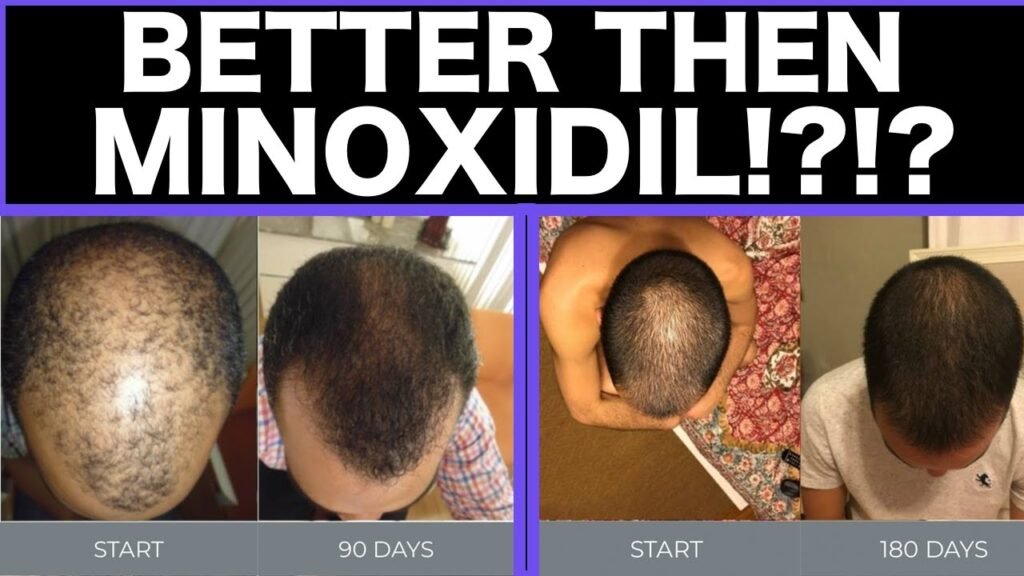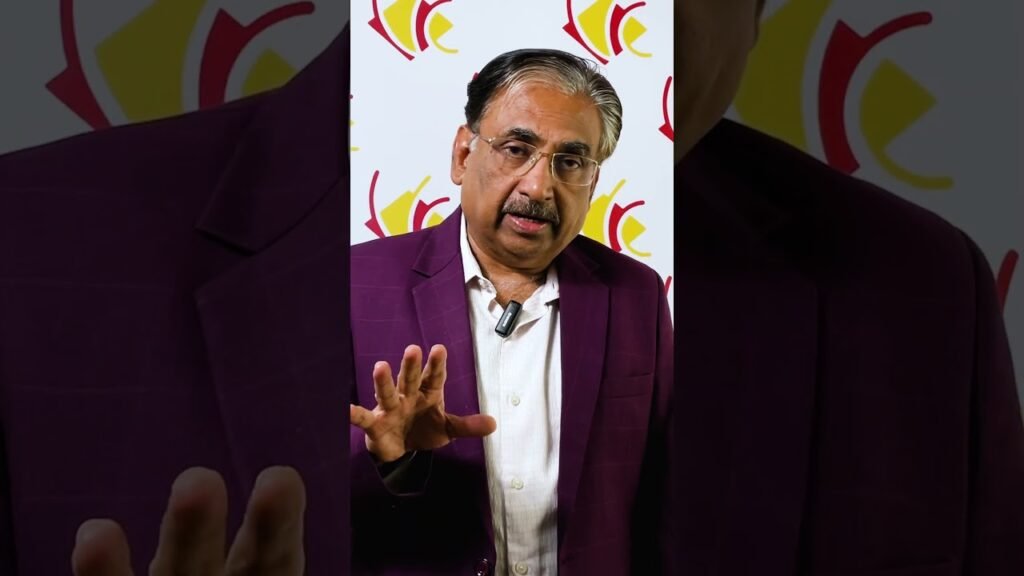Comparing results from Minoxidil vs essential oils
When it comes to hair growth treatments, both Minoxidil and essential oils have garnered attention for their potential benefits. Minoxidil, a well-known over-the-counter medication, is primarily used to treat hair loss and promote regrowth in conditions like androgenetic alopecia. It functions by revitalizing hair follicles, extending the growth phase, and improving blood flow to the scalp. On the other hand, essential oils such as rosemary, lavender, and peppermint are natural alternatives that have been traditionally used to enhance scalp health and stimulate hair growth. These oils are often praised for their ability to improve circulation, reduce inflammation, and provide essential nutrients to the scalp.
Effectiveness and Results
The effectiveness of Minoxidil is supported by numerous studies demonstrating its ability to promote hair growth. Users often report visible improvements within 3 to 6 months of consistent application. Common results include increased hair density, reduced hair thinning, and the regrowth of hair in previously sparse areas. In contrast, the results from essential oils can be more varied and are often less documented in scientific literature. However, anecdotal evidence and some studies suggest that essential oils may help improve hair thickness and overall scalp health, though results may take longer to become apparent compared to Minoxidil.
Side Effects and Considerations
While Minoxidil is generally considered safe, some users may experience side effects such as scalp irritation, dryness, or unwanted facial hair growth. It’s important for users to follow application guidelines carefully and consult with a healthcare provider if they experience adverse effects. Essential oils, being natural products, are often perceived as safer alternatives. However, they can still cause allergic reactions or skin sensitivities in some individuals. It’s recommended to perform a patch test before applying essential oils to the scalp and to dilute them with a carrier oil to minimize potential irritation.


